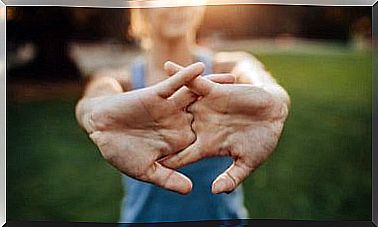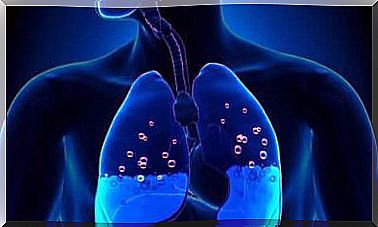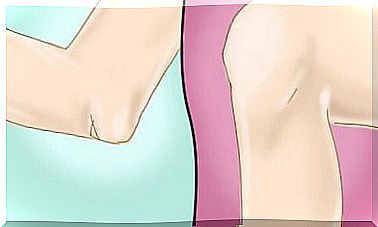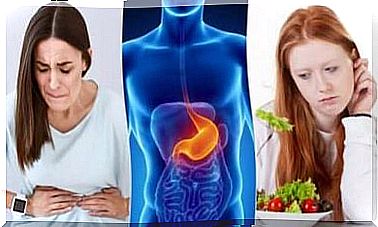Not Drinking Enough Water Can Be Dangerous
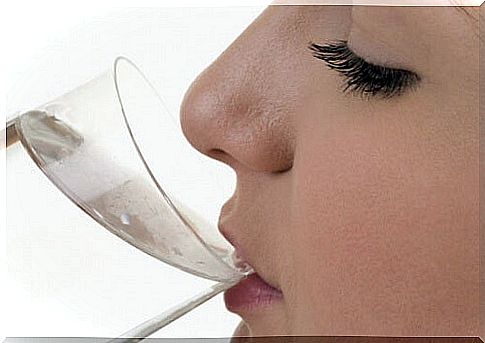
The body gives us some signals that we sometimes overlook. For example, not drinking enough water is linked to some reactions that we should be able to recognize.
It is estimated that about 70% of the human body is made up of water and, for this reason, not drinking for more than a week endangers our life.
This vital liquid plays an important role in the body’s metabolic and catabolic functions, as well as being essential for the health of skin, hair and nails.
The problem is that, sometimes, we don’t provide the body with the daily amount of water it needs and, therefore, we end up suffering from some physical and mental ailments.
Although thirst is the most obvious indicator of dehydration in the body, there are also other obvious indications that should warn us about the lack of fluids in the body.
Do you know what they are?
Signs of not drinking enough water
1. Changes in urinary habits

On average, a healthy person urinates about 6 or 7 times a day. Despite this, this number can vary from one person to another, depending on the amount of fluids ingested throughout the day.
If the frequency of urination is only 2 or 3 times a day, it is essential to increase the consumption of water and, if possible, to consult a doctor.
Not drinking enough water directly affects kidney health and can lead to serious health complications.
2. You continue headaches
Continuous headaches can be the result of fluid imbalance in the body.
Water is essential for maintaining proper blood flow and the right balance in the body’s inflammatory reactions.
When headaches arise from lack of hydration, it is normal for the pain to be more intense when moving.
For example, if you are used to not drinking enough water, you will usually feel some tension when making quick movements or movements that require some physical effort, such as climbing and descending stairs.
In the event that the lack of fluids is recognized as the cause of this disorder, we advise you to ingest more water and mineral salts.
3. Dry mouth
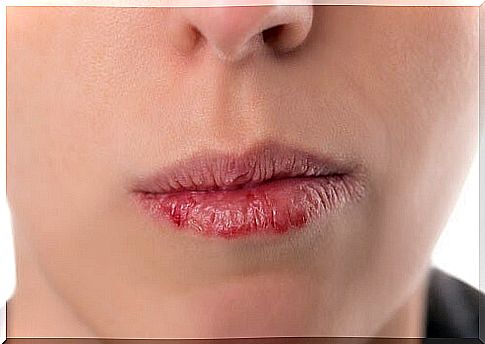
Dry mouth is very common when the body does not have enough fluids for the right saliva production.
The main risk of this problem is that the pH of the mouth is altered and, in this way, the risk of suffering from infections of the mouth and throat increases.
If you have this problem, it is essential to have a bottle of water always on hand and, if possible, to use a moisturizing stick for the lips.
4. Changes in the color of the urine
Changes in urine color are always red flags, especially if they have a very strong odor.
When the body is not hydrated as it should, the kidneys have difficulty in excreting toxins and urine exhibits a drastic change in color.
If it is too dark or cloudy, you need to see a doctor to rule out the possibility of chronic dehydration or kidney disease.
Those who experience this problem may recognize that they are not drinking enough water. You should intervene immediately but gradually, as ingesting more glasses of water at the same time could trigger more serious problems.
5. Fatigue

The lack of water also affects the oxygenation of the body’s cells, which triggers episodes of severe chronic fatigue.
There are those who think they can solve this problem with coffee or energy drinks, but these remedies overload the liver and, in the long term, the condition can worsen.
To avoid this complication, hydrate your body every morning with a glass of warm water.
6. Muscle cramps
Insufficient water causes not only dehydration, but also an imbalance in the levels of electrolytes present in the body.
This means that potassium, calcium and magnesium are reduced, which causes muscle cramps and pain.
7. Constipation
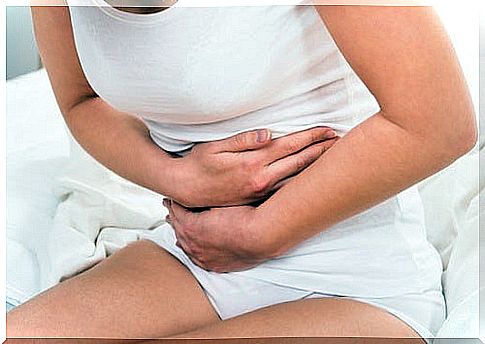
Drinking water every day is essential to maintain the right lubrication and ensure bowel movements, thus avoiding constipation.
If fluid consumption is low, the digestive system will have difficulty getting rid of the debris and the stool will be trapped in the colon.
To prevent this from happening, we recommend that you drink between 6 and 8 glasses of water a day, as well as fruits and vegetables rich in fiber.
8. Dry skin
To keep skin hydrated, smooth and soft, it’s not just important to apply topical treatments.
Drinking water every day prevents possible alterations in the natural production of skin oils, prevents the skin from drying out and helps eliminate toxins that accelerate aging.
Having an insufficiency of natural fats on the skin indicates that the body is dehydrated and that it immediately needs more water consumption.
In conclusion, many functions of our body depend on water and not ingesting enough of it can trigger unwanted reactions and diseases.
It is essential to respond immediately to the symptoms of dehydration to avoid the risk of suffering from more serious diseases.



